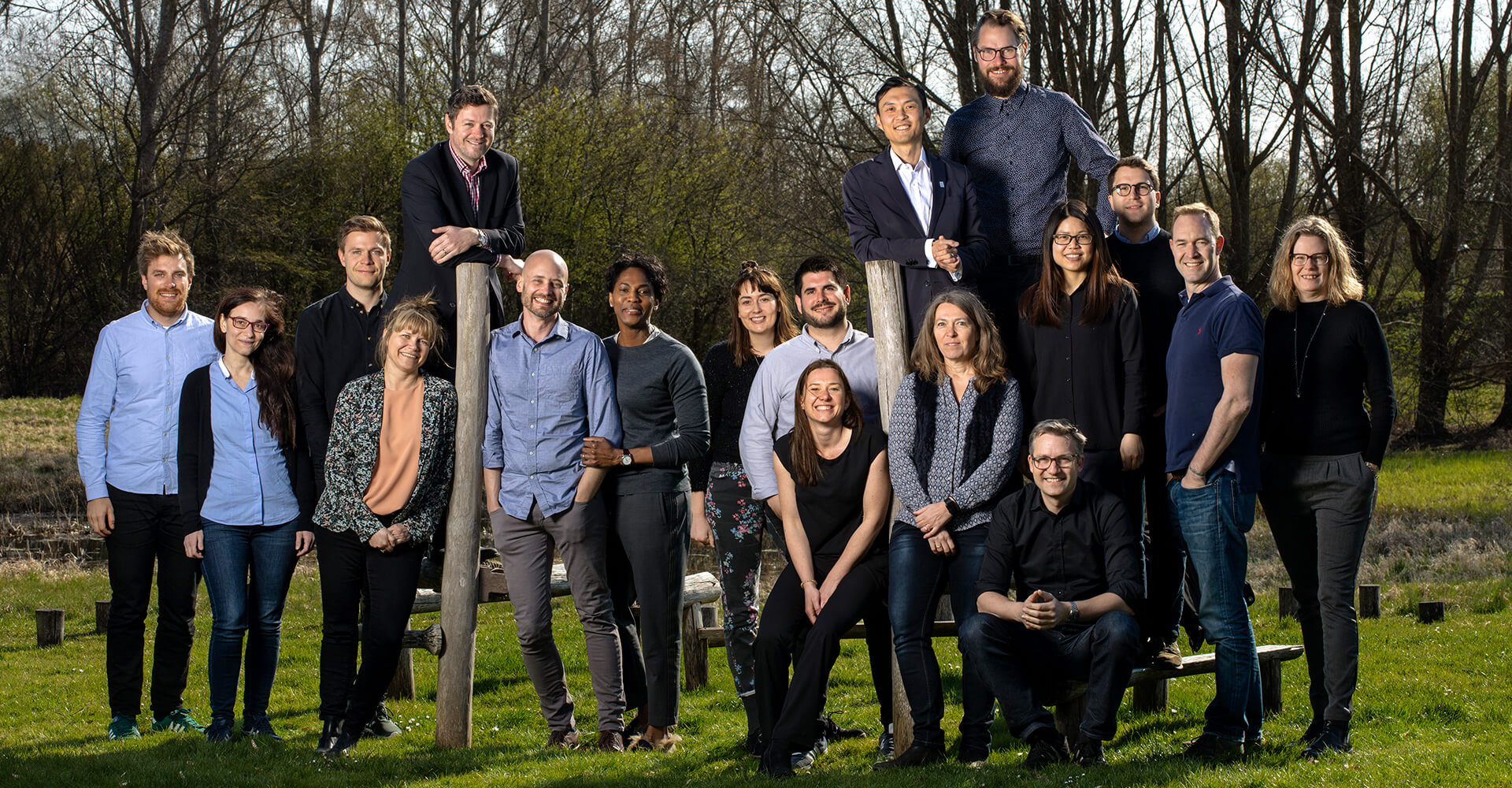DTU for all
Calling all change makers
It takes a team of people from different academic backgrounds who share one thing in common - the desire to apply technology for the benefit of people, society and the world - to create breakthrough solutions.
DTU’s MSc in Technology Entrepreneurship is a programme that brings this vision to life by inviting students from over 300 bachelor degrees to come together to build startups that make a difference.
Meet our student entrepreneurs
Meet the students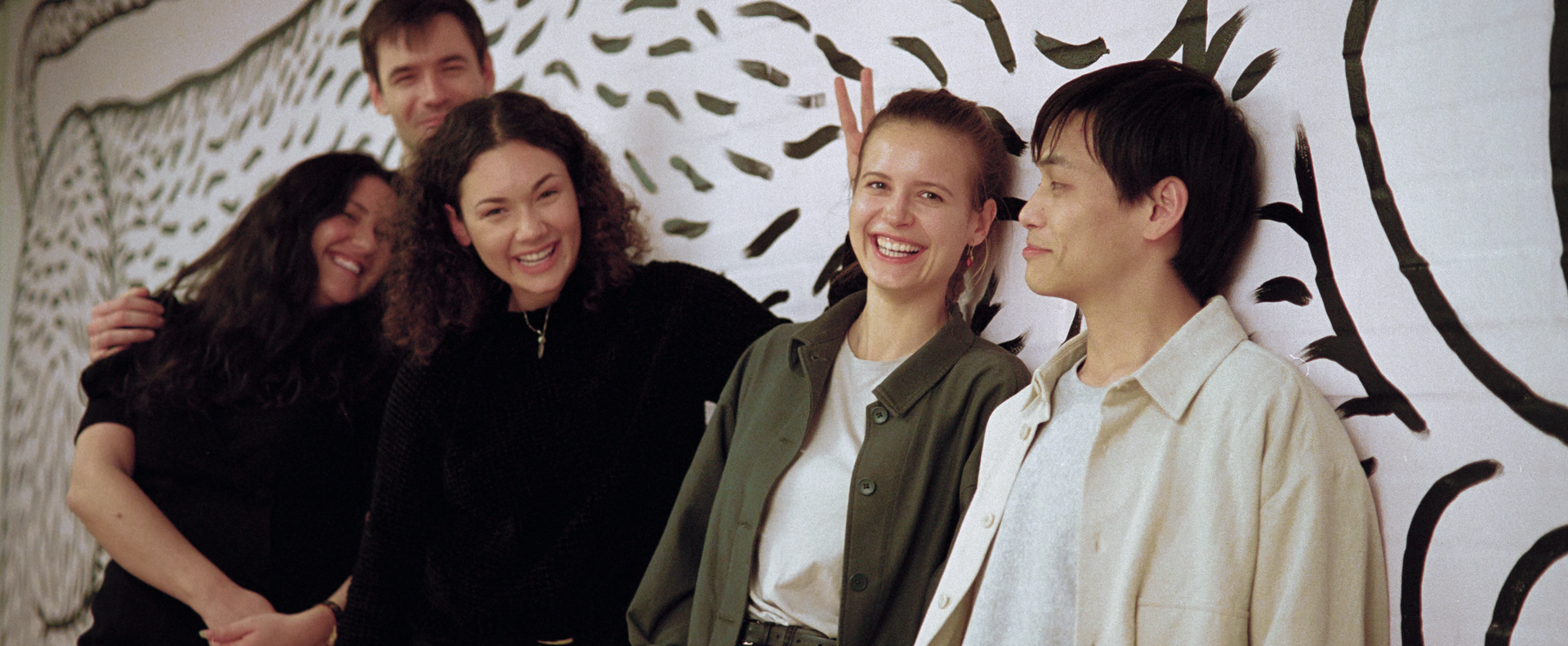
Become an entrepreneur and build solutions with impact
Apply today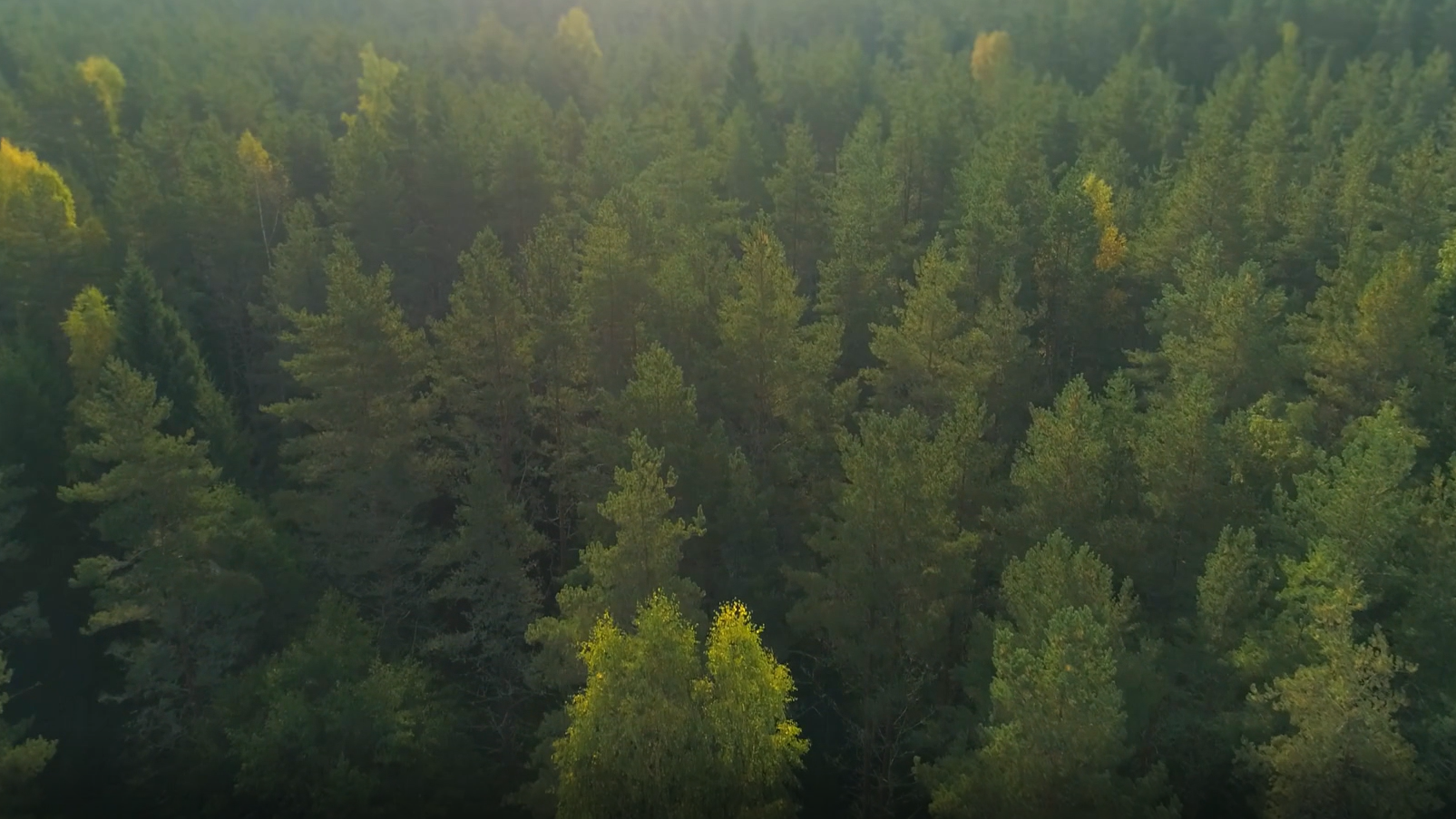
Graduate with a degree and a startup

It takes a different kind of team to build solutions that make a difference


Combining art and science creates world-changing solutions
Creativity, adaptability, empathy, artistry and technology skills are necessary for any successful tech company. It takes people from different academic backgrounds, who see problems differently, understand human nature, analyze data, craft stories, consider ethical implications, think critically, code, implement and execute, to build businesses that positively impact the bottom line and the world.
DTU Entrepreneurship believes that combining liberal arts, humanities, business, and engineering students doesn’t only build great start-ups, but also future fit entrepreneurs by encouraging and enabling skill-sharing and competency expansion between students, mentors, and teachers.
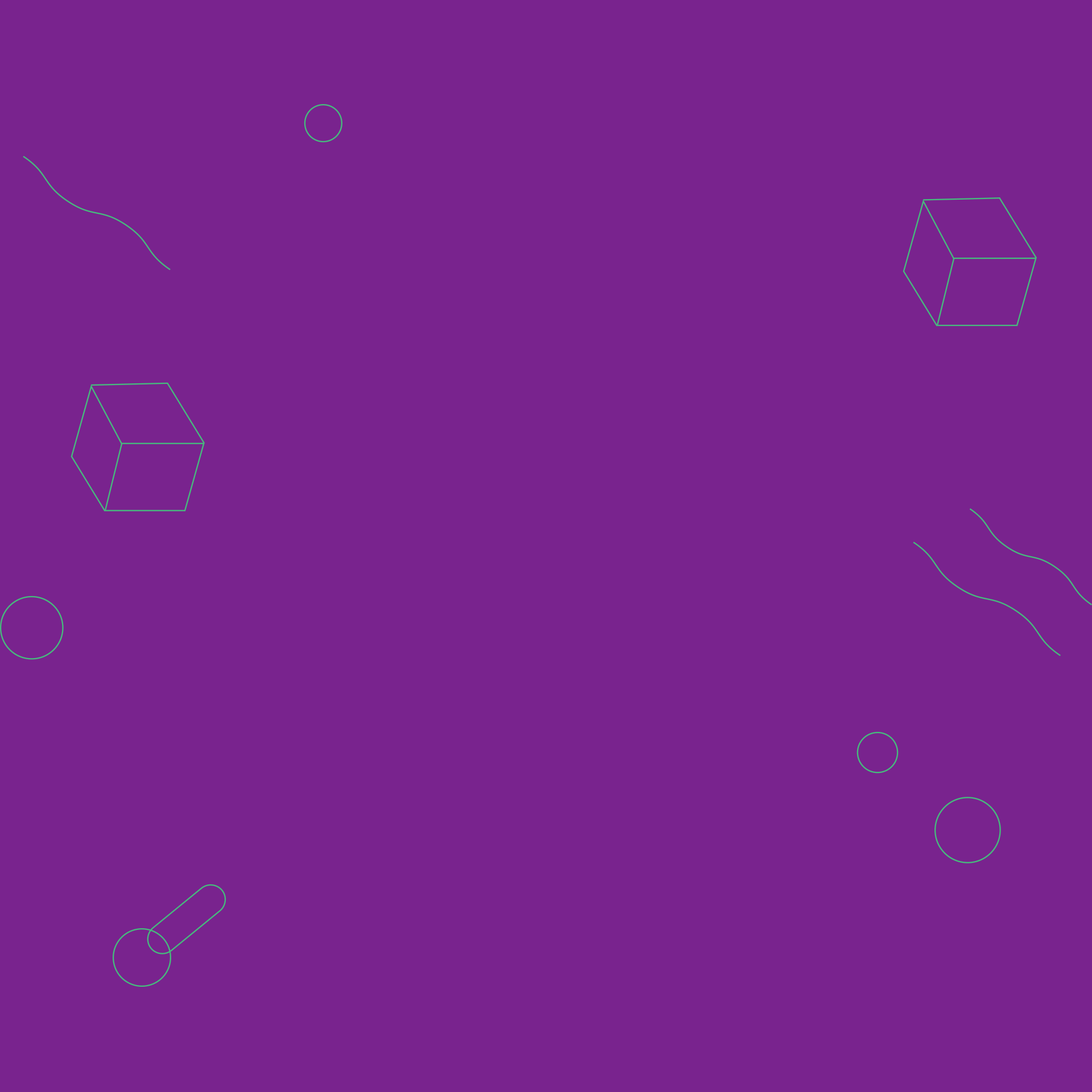
When sight becomes language
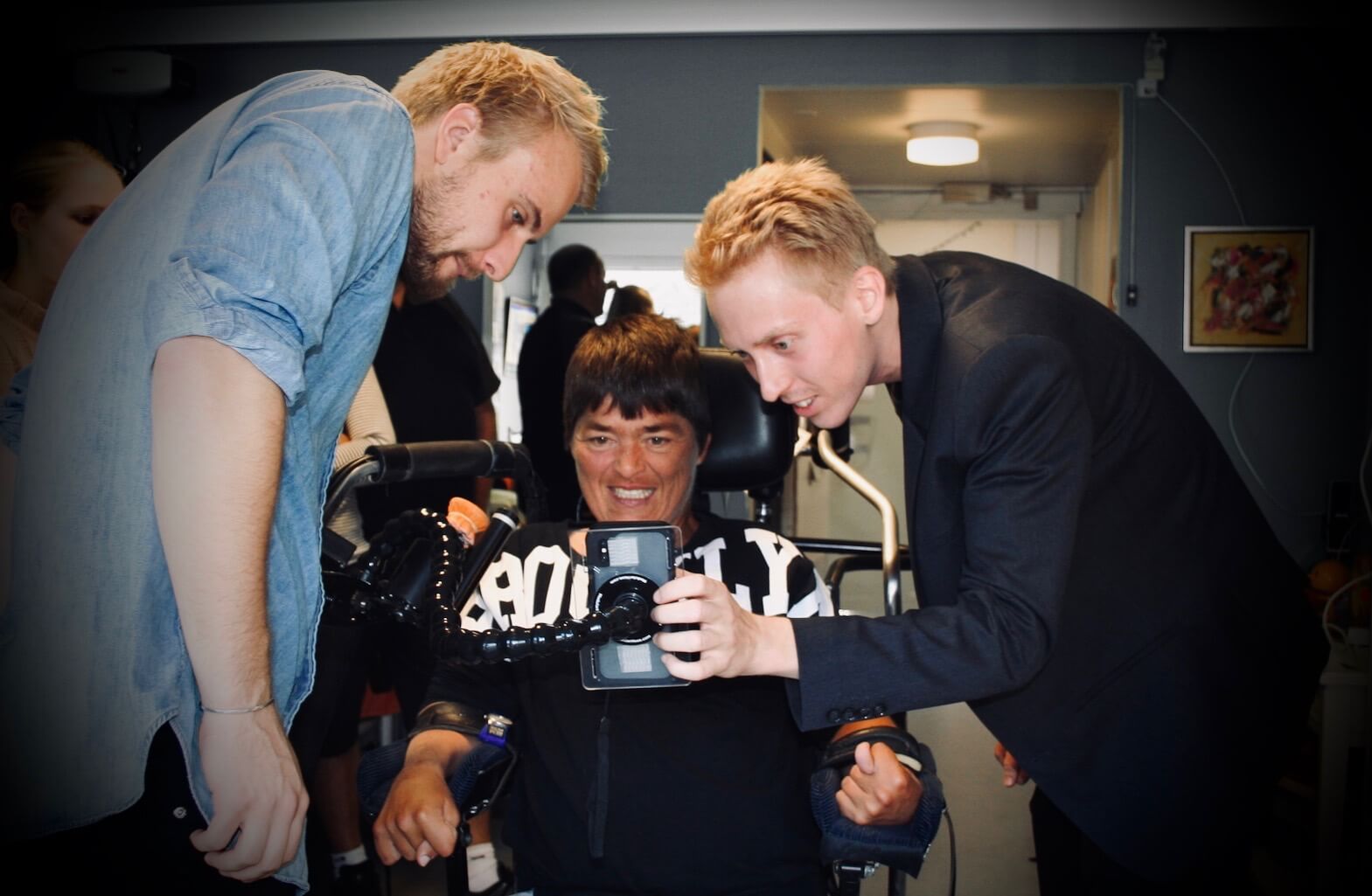
Obital, a DTU student spin-out, saw an opportunity to apply their new technology and app, Eyetell, to help disabled people write sentences within seconds – by only using their eyes.
The Orbital team not only deepened their understanding of eye-tracking technology, but also saw how it could be applied to help people, identifying a core segment that would most benefit from it. They considered accessibility, feasibility, and affordability when developing the software, which helps eye-tracking features reach broad audiences by not requiring additional hardware and using what is already inside devices.
Developing technology for humans requires humans. People with different backgrounds, different professions and different experiences are key. I cannot stress enough how important people both inside and outside of your organisation are for your future success. In our case, it varied from speech language therapists to businesspeople, and from relationship builders to great communicators – all are equally important.
Wondering how you fit in?
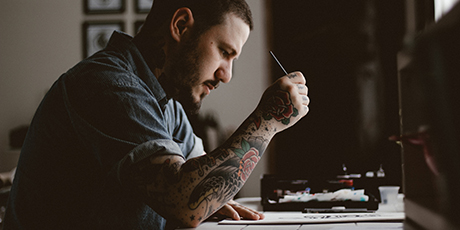
Humanities
We want people who understand humans, their behavior and relationships. Your visions and views ensure that a start-up actually makes sense in society. Your critical thinking, broad knowledge base, qualitative research and communication skills allow you to take a big-picture approach to solving real world problems.
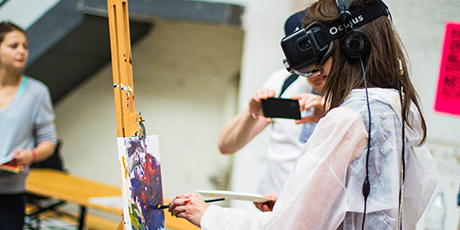
Art and Design
We are looking for artists and creatives who follow their intuition and gut. Expressive people who adapt and tailor the creative process to specific challenges, and develop products that respond to human needs. You take the start-ups developed in this program in directions no one could have imagined.
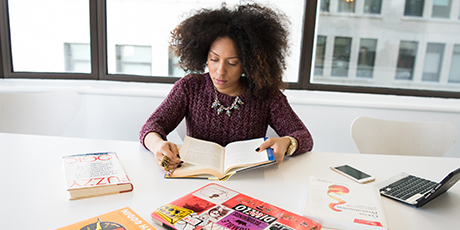
Business
We want businesspeople who can bring technology to market and the world. People who understand the commercial landscape, marketing, and market forces. You see opportunity in spreadsheets and technologies. Your negotiation skills and ability to acquire and manage resources will help a diverse team of entrepreneurs. You are fuelled by logic and reason and excited to make entrepreneurial magic.
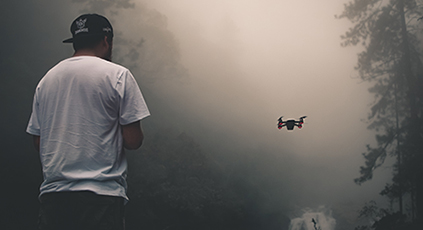
Technology
We are looking for engineers who can lead the development of new technologies. You break up complex problems into manageable challenges, and come up with concrete solutions. Your problem-solving and human-focused approach make you driven and hungry to work with and apply of state-of-the-art technology to solve real world problems.
Build future-proof skills
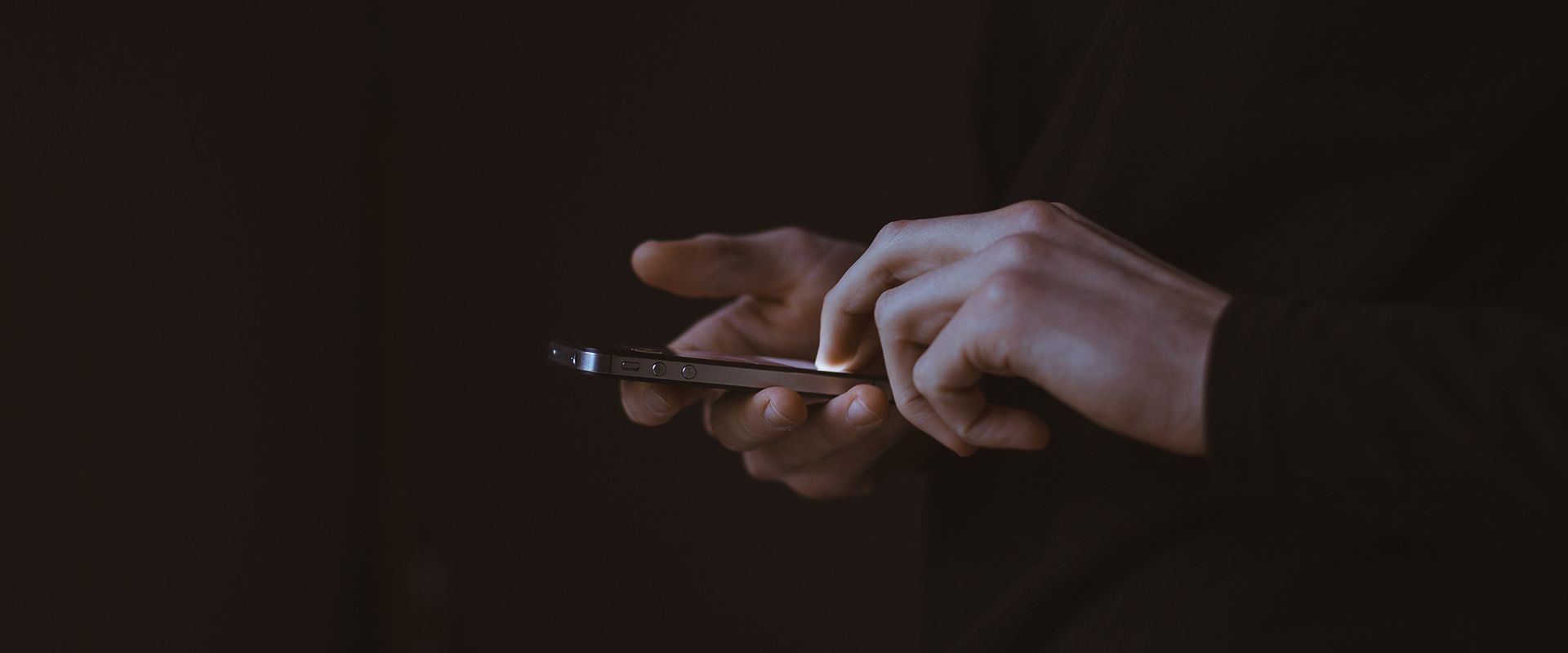
No idea? No problem.
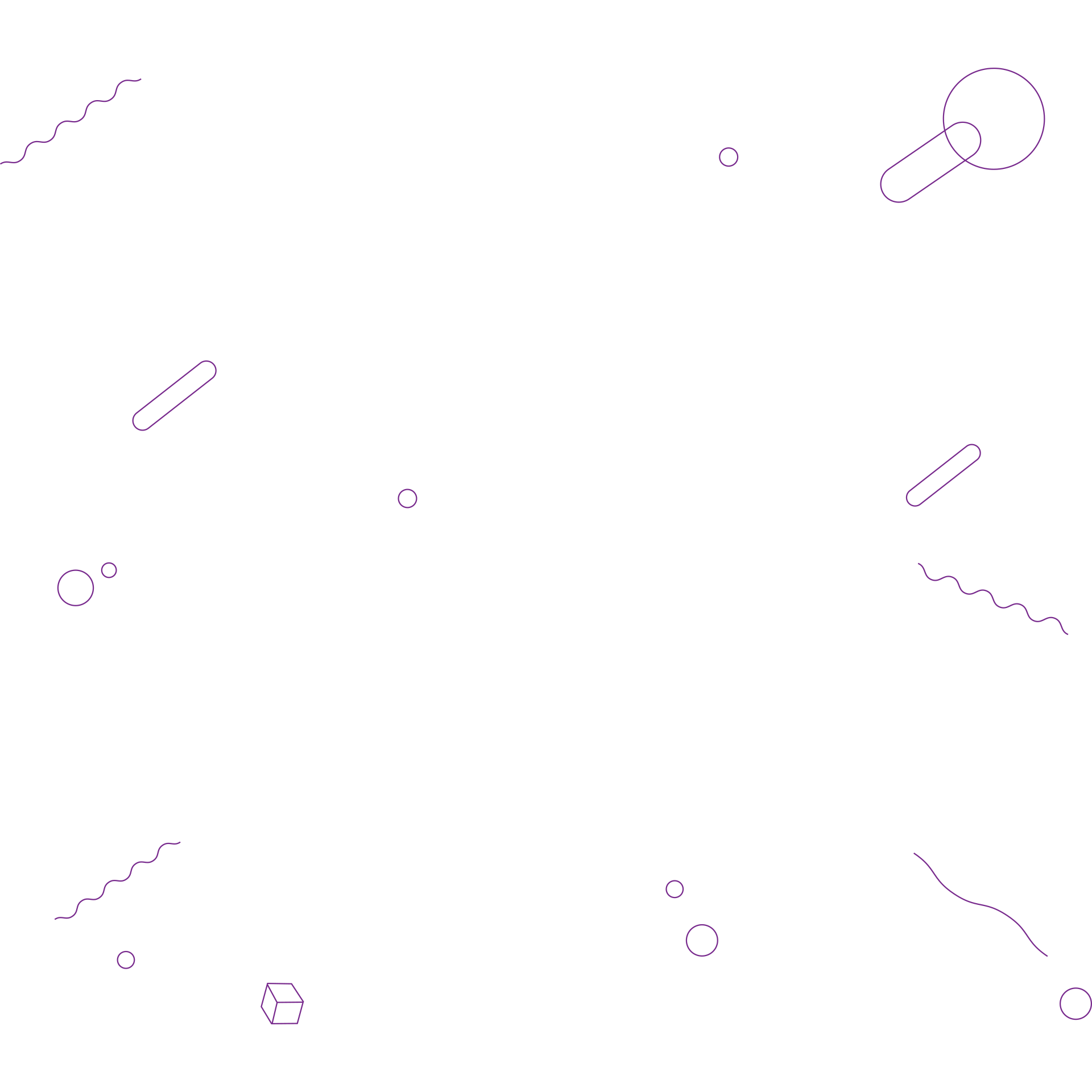
Tomorrow’s sustainable energy can be stored today

With this environmental challenge in mind, DTU Civil Engineering developed new research that shows how salt batteries can be used to store heat from solar heating systems and wind turbines. Experiments have shown that a solar heating system, a hot water tank and salt batteries can cover 71% of the annual heat demand in an energy-efficient three-person house in Denmark.
For this technology to breakthrough commercially, engineers need to be part of a diverse team that includes businesspeople who understand the market and user needs, as well as entrepreneurs with a liberal arts background who will forge partnerships amongst manufacturers to incorporate this new technology.
Ethical and future-focused entrepreneurship

This is not the ‘attend-the-lecture-and-go-home’ kind of programme

Meet the team
